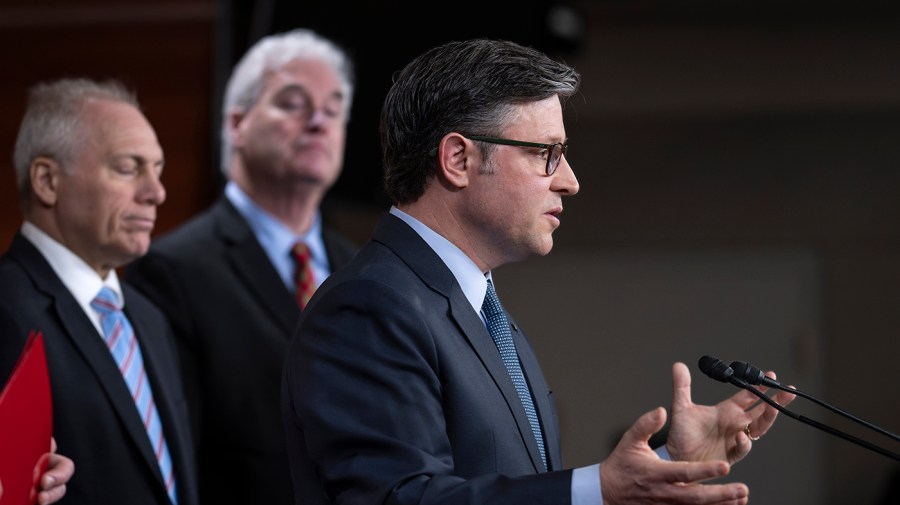House Republicans have abandoned language to rein in the pharmacy benefit manager (PBM) industry from a new government funding bill released late Thursday.
Leaders earlier this week agreed to PBM reforms as part of a sweeping health package, but the overall funding bill it was attached to was torpedoed by frustrated GOP lawmakers, with assists from incoming “Department of Government Efficiency” co-leaders Elon Musk and Vivek Ramaswamy, as well as President-elect Trump.
The newest version, which was negotiated only amongst House Republicans, removes the health care and other provisions in favor of stripped-down legislation to fund the government for the next three months.
It no longer reauthorizes the opioid-fighting SUPPORT Act or the Pandemic and All Hazards Preparedness Act. The pandemic legislation had historically been bipartisan, but its inclusion in the spending bill sparked a wave of online misinformation amplified by Musk.
Republicans also jettisoned a Medicare physician payment boost and a hospital billing transparency measure that were included in the original health package.
It will extend Medicare telehealth flexibilities only until March, rather than the two years under the original agreement. It will also extend community health center funding for the same period.
The PBM changes represented significant guardrails on the business practices of the industry, which has become a focus of bipartisan efforts to curb drug costs. The industry has faced intense scrutiny on Capitol Hill this year, and essentially every committee in both chambers with jurisdiction over health care drafted PBM reform legislation.
Trump called out PBMs during a press conference on Monday, promising to “knock out the middleman,” a pledge that sent some health stocks downward.
The reworked funding bill hands a significant victory to the PBMs and the insurance companies that own them. The three biggest PBMs are UnitedHealth Group’s Optum Rx, CVS Health’s Caremark and Cigna’s Express Scripts. Those companies represent about 80 percent of all U.S. prescriptions.
Earlier Thursday, some Republicans were pressing leaders to bring up the health package as a stand-alone bill.
If PBM reforms are ultimately kept out of the bill, it would be up to a new Republican-controlled Congress to try to pass them. But even though Trump has voiced support for PBM reforms, the extremely narrow GOP majority in the House could make legislating difficult.
Republicans plan to bring the bill to the floor on Thursday evening; it’s unclear if any Democrats in the House will support it, or what the Senate will do.

